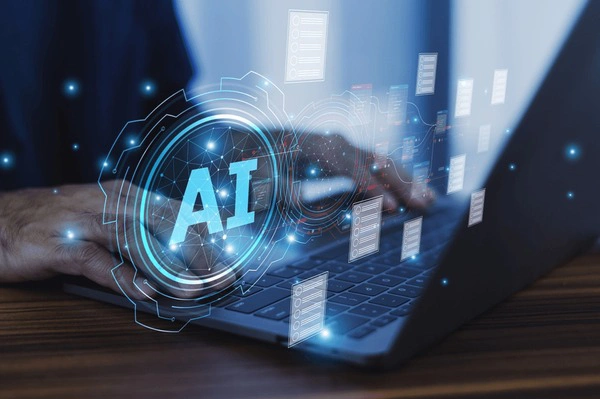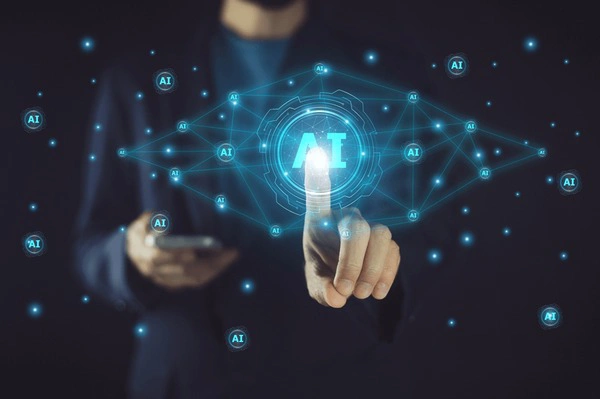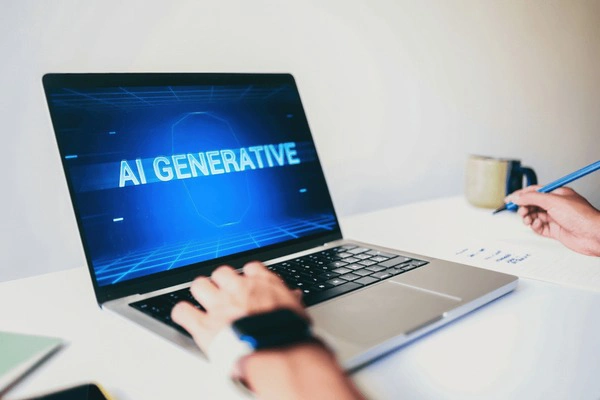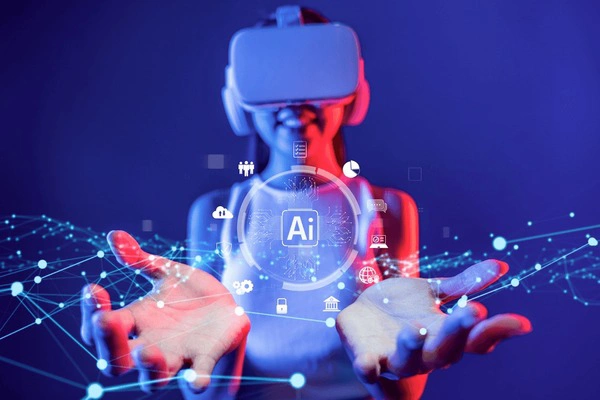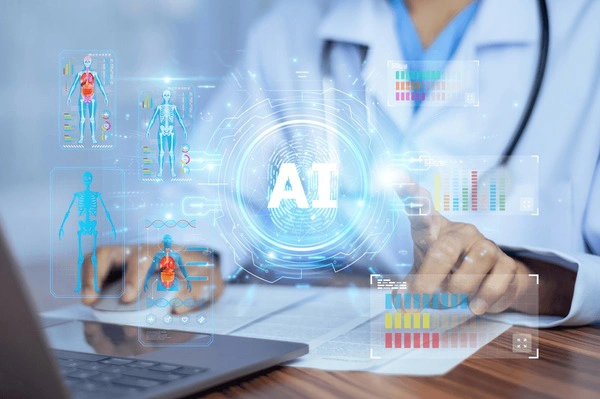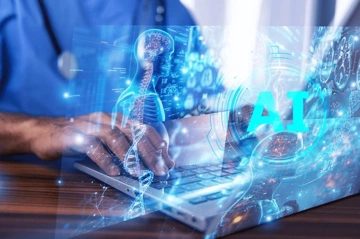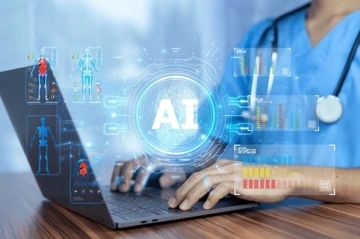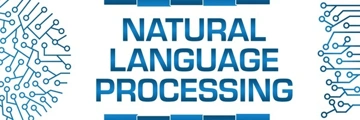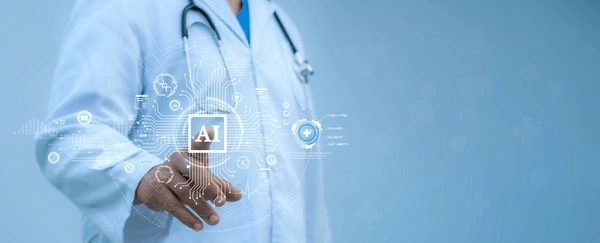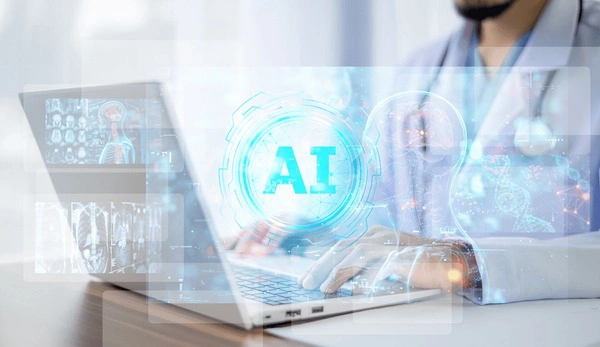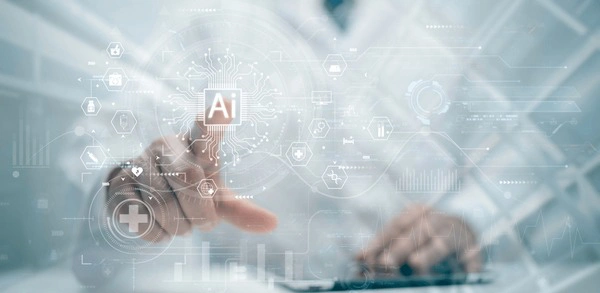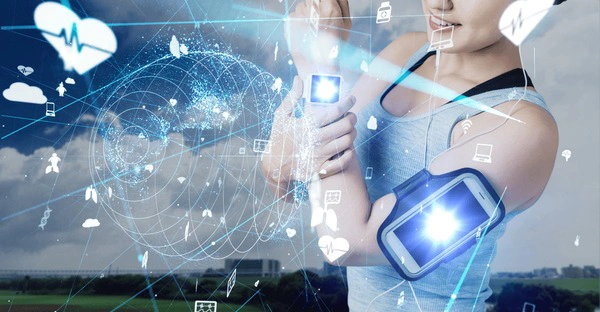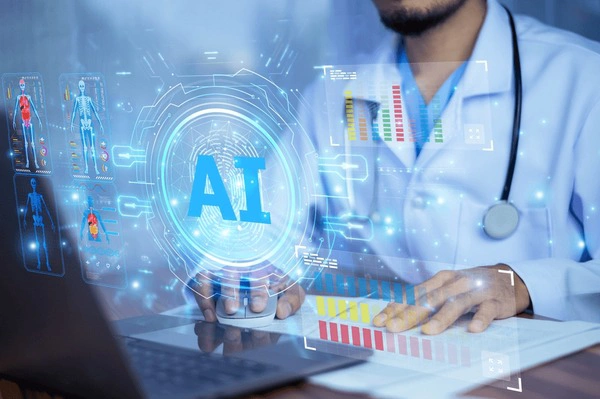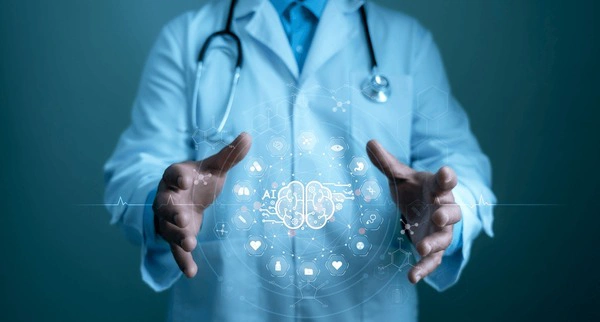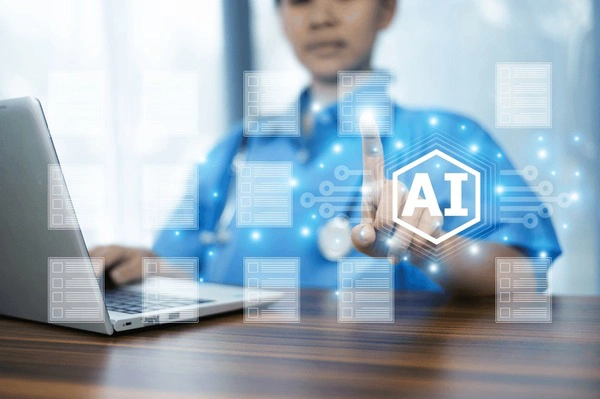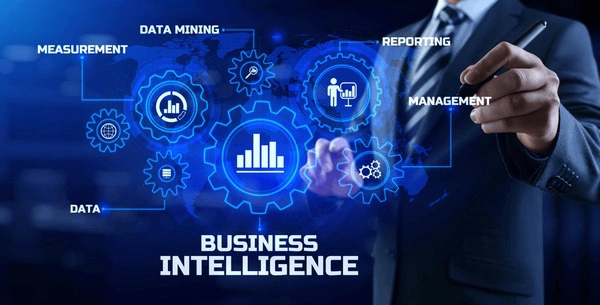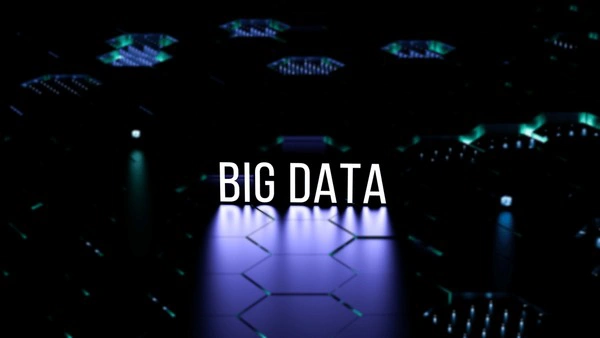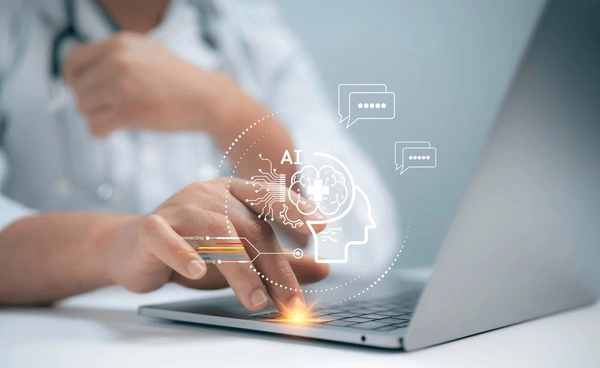
Empowering Healthcare Education with AI: A Journey Towards Inclusivity and Excellence
AI is set to revolutionize health education by creating personalized, accessible, and inclusive learning paths. It empowers medical professionals through customized experiences, overcoming traditional barriers, and ensuring continuous learning in the healthcare field.
Maya Turner
29/11/2024 - 7 months ago

Introduction to AI in Health Education
In an era where technology is continuously reshaping industries, artificial intelligence (AI) stands out as a transformative force, particularly in health education. As the demand for knowledgeable healthcare professionals grows, AI offers innovative solutions to enhance learning experiences. By providing resources that adapt to individual learning needs, AI can play a crucial role in preparing medical professionals for the challenges of modern healthcare.
AI in health education is not just about automation; it’s about creating a more personalized and effective learning environment. Through AI-powered platforms, learners can access content tailored to their specific knowledge gaps and learning styles. This level of customization ensures that each learner can progress at their own pace, reinforcing their strengths and addressing weaknesses.
For adults with low educational levels, AI can make health education more accessible and less intimidating. By simplifying complex medical concepts into digestible formats, AI tools can help bridge educational gaps. This democratization of learning resources allows individuals from diverse backgrounds to engage with and benefit from high-quality health education.
AI-Driven Personalized Learning
At the core of AI’s integration into health education is the concept of personalized learning. AI systems can analyze data from a learner’s interactions, identifying areas where they excel or struggle. This analysis enables the creation of customized learning paths that cater to individual needs, making education more effective and engaging.
For instance, AI can recommend specific courses, tutorials, or exercises based on a learner's past performance and preferences. This targeted approach not only enhances retention but also boosts confidence as learners can see tangible improvements in their understanding and skills.
Moreover, personalized learning is not limited to theoretical knowledge. AI can simulate real-life scenarios, offering practical experience in a controlled environment. This hands-on approach is invaluable for medical professionals, allowing them to practice and refine skills without the risks associated with real patient interactions.
Breaking Barriers with AI
One of the significant advantages of AI in health education is its ability to break down traditional barriers to learning. Language barriers, for example, can be addressed through AI-powered translation and interpretation tools, making educational content accessible to non-native speakers.
Furthermore, AI can aid in overcoming financial barriers. Traditional educational resources, such as textbooks and workshops, can be costly. AI-driven platforms often offer cost-effective alternatives, providing the same, if not better, learning experiences at a fraction of the price.
Inclusivity is another area where AI shines. For learners with disabilities, AI can provide assistive technologies that cater to their specific needs, ensuring that everyone has equal opportunities to succeed in health education. By accommodating various learning preferences and abilities, AI empowers a broader audience to pursue careers in healthcare.
The Future of AI in Health Education
As AI technology continues to evolve, its role in health education is expected to expand even further. Future developments could include more immersive learning experiences, such as virtual reality simulations that offer a lifelike environment for skill development and training.
Additionally, AI has the potential to facilitate lifelong learning for medical professionals. Continuous education is essential in healthcare, where new developments and treatments are constantly emerging. AI can help keep professionals updated with the latest information, ensuring they provide the best care possible.
Ultimately, the integration of AI in health education represents a step towards a more informed and equipped healthcare workforce. By making learning more personalized, accessible, and inclusive, AI not only enhances educational outcomes but also contributes to improving the quality of healthcare services worldwide.
